UN’s World Soil Day: Saving our brown planet
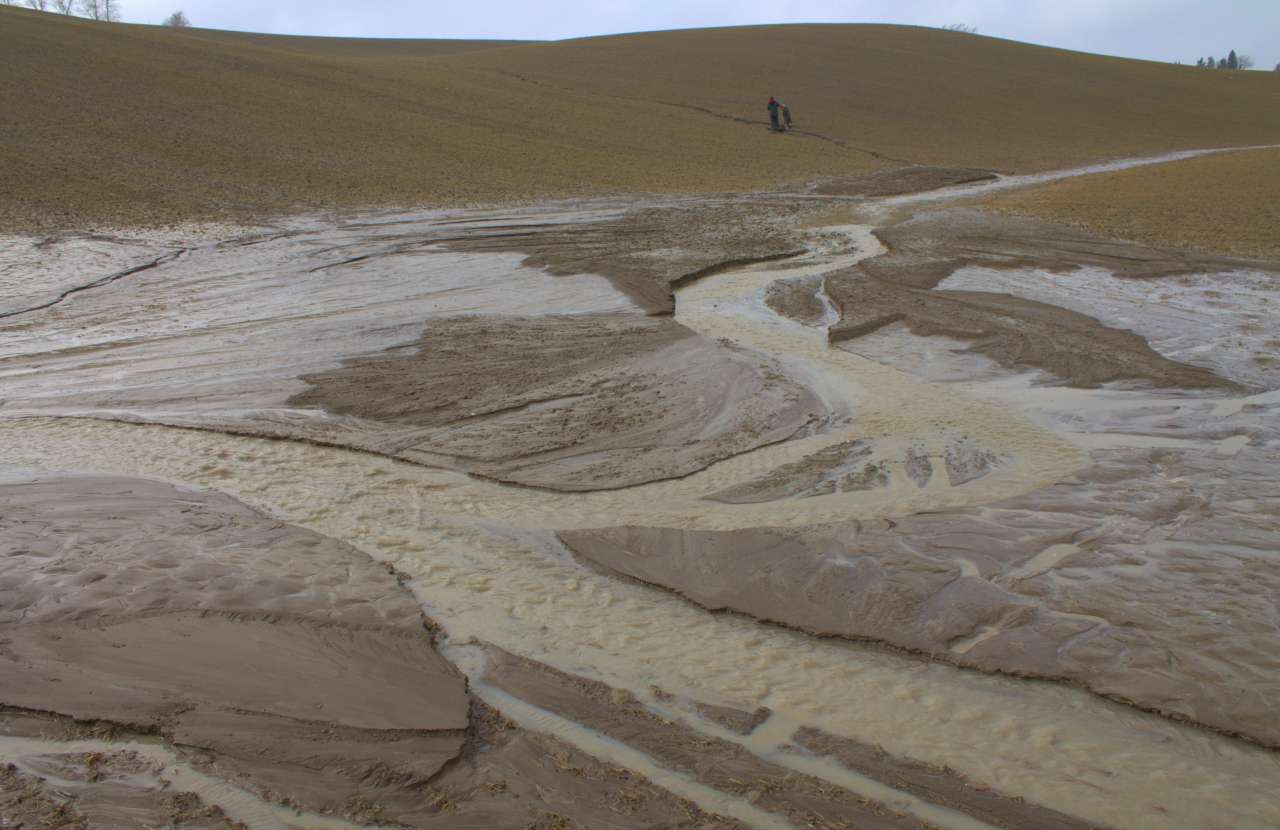
Erosion in Trøgstad in Norway. Photo: Inga Greipsland.
Researchers from several disciplines and countries are currently working together with locals to reverse land damage and improve soil quality all over Europe.
As well as providing us with food and fibre, soil plays an important role in climate change mitigation by storing carbon and decreasing greenhouse gas emissions to the atmosphere. Fittingly so, this year’s Word Soil Day the 5th of December is dedicated to the idea that “Caring for the planet starts from the ground”. This captures the very essence of SoilCare, an extensive research project which aims to identify ways in which soil quality can be improved through cropping systems and techniques, benefiting both the profitability of farms and the environment.
Another EU-funded project, RECARE, is dedicated to preventing and remediating soil degradation in Europe. The objectives here include the stabilisation of soil so as to slow down water flow and prevent flooding, and the future management of agricultural soils. Investigating the carbon capturing abilities of soils is also a major part of the project.
Both projects have brought together leading soil scientists from across Europe to find practical solutions to the problems facing our soil. Whether this is erosion caused by flooding and landslides in Norway, degradation and desertification in Iceland or drought and soil salinisation in Spain, Europe has issues that need to be dealt with as soon as possible, both locally and globally.
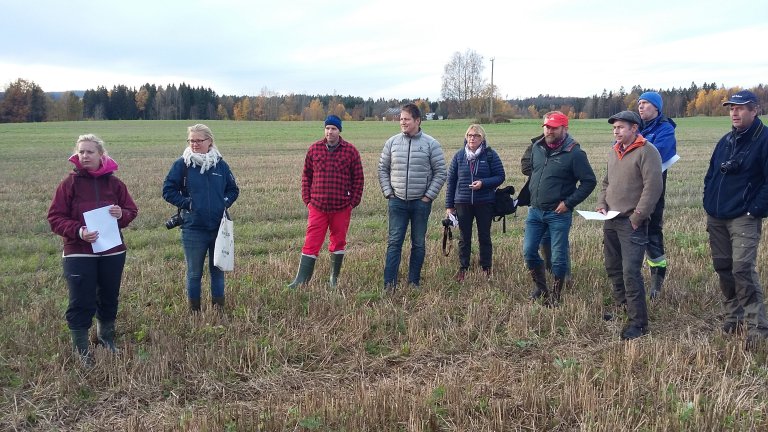
Strong science-policy-stakeholder linkage is key
In 2017 scientists in RECARE have been working on a new way of looking at soil problems to provide early warnings and the chance of early interventions. By using satellite data, information about land management and knowledge of how soil works in the ecosystem, they are currently producing a new Integrated Assessment Model (IAM) that can show detail down to 100m. With maps created by this system, policy-makers, planners and land managers can predict where problems will arise.
As far as SoilCare is concerned, farmers and scientists have spent the last 18 months shortlisting a number of soil-improving cropping systems to test in 16 study sites across Europe, including the application of different types of organic material, the use of cover crops, amendments and non-tillage systems.
«We have conducted an extensive review of soil-improving cropping systems and a number of practices have been identified for testing. We look forward to learning about their advantages, drawbacks and any barriers to adoption,» says SoilCare’s coordinator Dr Hessel at Wageningen Environmental Research.
NIBIO-researcher Jannes Stolte adds that the project participants work closely with farmers, leading machinery manufacturers and policy-makers to ensure that the science is relevant to them as well as to society.
«We now need to make sure that farmers, advisers and the agricultural industry know about the results of our research, so there can be a shift towards these soil-improving cropping systems across Europe." he says.
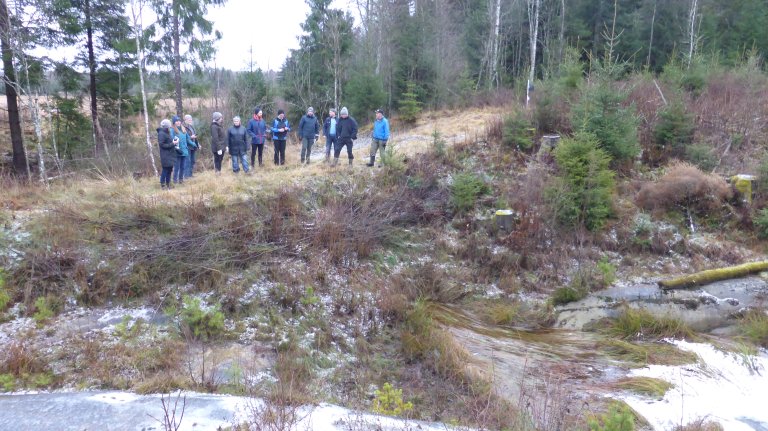
Starting to see results
Farmers already know the importance soil has in regard to their business and its future. However, current crop production levels are often maintained by increased inputs, such as fertilisers, pesticides and technology which can mask losses in production due to reduced soil quality.
By consulting with stakeholders throughout the duration of both projects, the participating scientists hope that any promising systems or techniques will be quickly adopted by the farming community, ultimately leading to better soil care.
Close collaboration between the scientists themselves is also of utmost importance to secure good results in both SoilCare and RECARE.
"The projects have been very ambitious by bringing scientists together across many specialist areas. In RECARE for example, we are now beginning to see the results of that collaboration in tools such as IAM, bringing data-driven maps about soil threats to decision-makers in a way that they can use. At the same time, we also have a suite of techniques that farmers and other land managers can use to address urgent soil threats,” Jannes Stolte says.
“In both SoilCare and RECARE everyone involved aims towards finding practical solutions for soil to help challenge pressing global environmental problems such as global warming, flooding, food security, desertification and pollution. Hopefully we’re well on our way in achieving this,” he adds.
Contacts
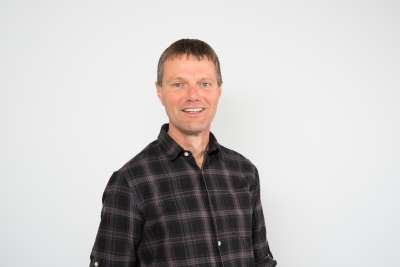
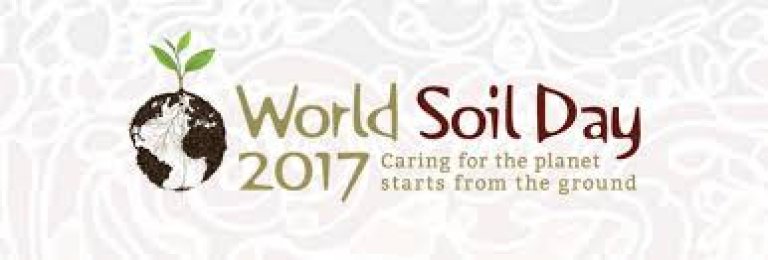
Links
About World Soil DayFacts
For more details on the projects see http://www.soilcare-project.eu and http://www.recare-project.eu/
For information on the Integrated Assessment Model go to http://recare-hub.eu/tools-and-outputs/integrated-models
For information on the trials taking place in your area please go to http://www.recare-hub.eu/tools-and-outputs/recare-experiments
Sources of funding
RECARE is supported by the EU FP7 programme.
SOILCARE is supported by the EU H2020 programme.
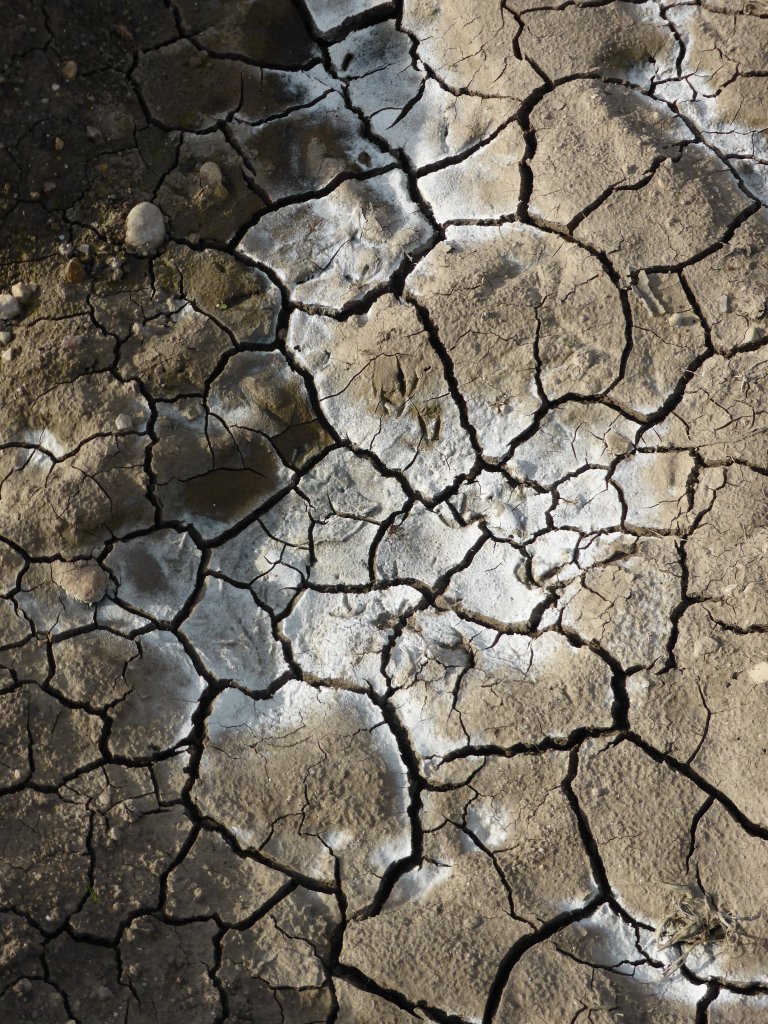
Contacts

